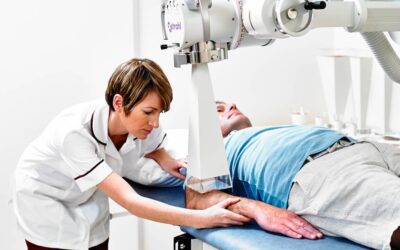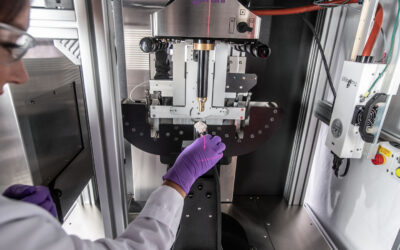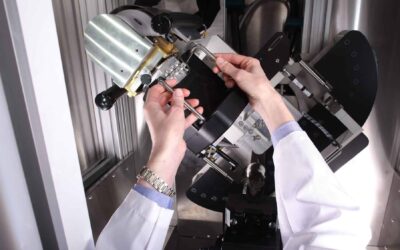The DNA damage response (DDR) is an essential signaling pathway that detects DNA lesions, which constantly occur upon either endogenous or exogenous assaults, and maintains genetic integrity. An infection by an invading pathogen is one such assault, but how bacteria impact the cellular DDR is poorly documented. Here, we report that infection with Listeria monocytogenes induces host DNA breaks. Strikingly, the signature response to these breaks is only moderately activated. We uncover the role of the listerial toxin listeriolysin O (LLO) in blocking the signaling response to DNA breaks through degradation of the sensor Mre11. Knocking out or inactivating proteins involved in the DDR promotes bacterial replication showing the importance of this mechanism for the control of infection. Together, our data highlight that bacterial dampening of the DDR is critical for a successful listerial infection.
Ascel Samba-Louaka, Jorge M Pereira, Marie-Anne Nahori, Veronique Villiers, Ludovic Deriano, Mélanie A Hamon and Pascale Cossart
Download Paper
Xstrahl to Highlight Superficial and Orthovoltage Radiotherapy Solutions for Skin Cancer and Selective Benign Conditions at AAPM 2024
Xstrahl, a global leader in the delivery of superficial radiation therapy devices and preclinical radiation research systems, will demonstrate Xstrahl 200, a modern orthovoltage radiotherapy solution for treating superficial lesions, skin cancers, and selective benign conditions at the 66th Annual Meeting & Exhibition of the American Association of Physicists in Medicine (AAPM) in Los Angeles, CA, from July 21-25, 2024, at booth 518.






